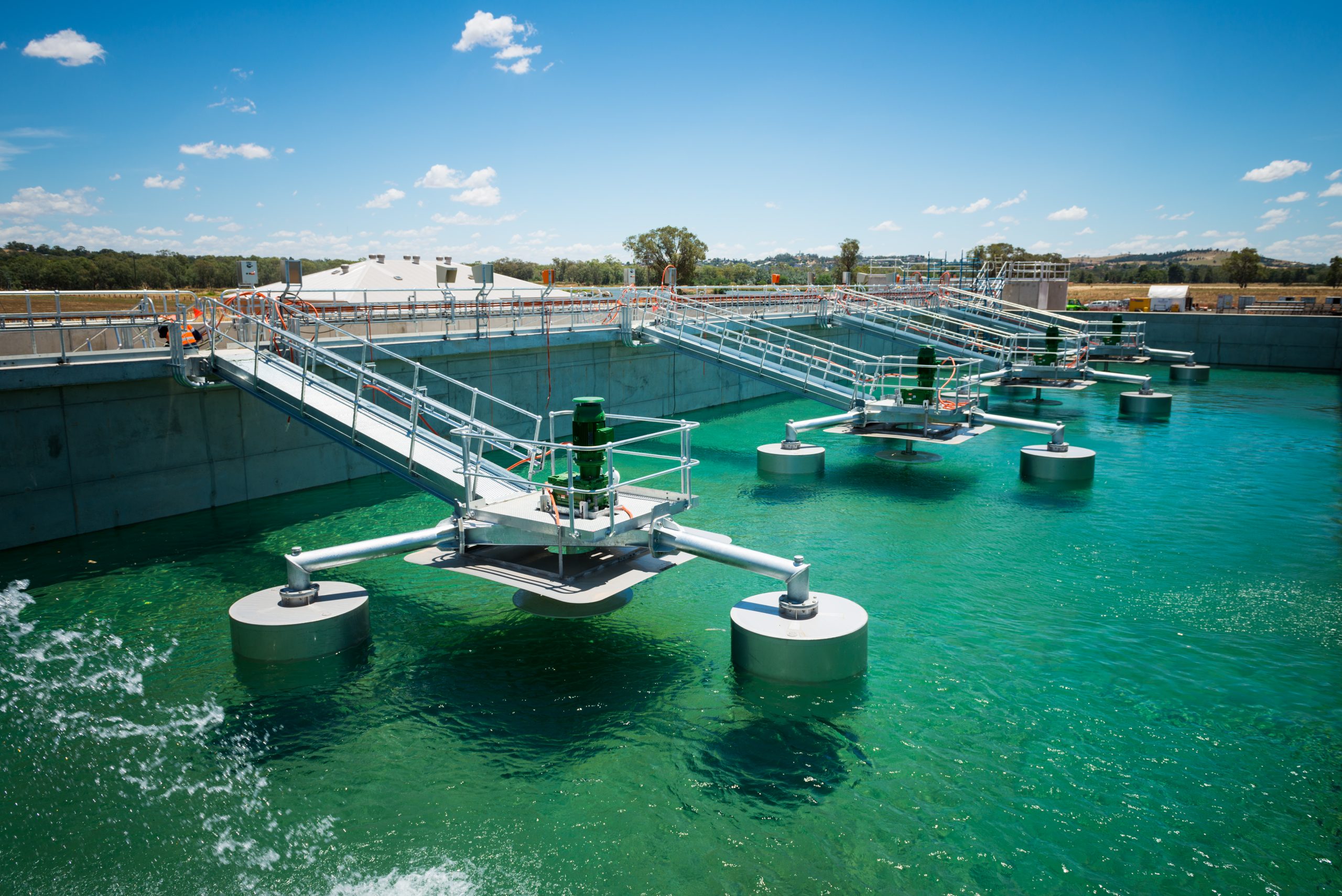Context and policy overview
Rijeka is a port city in Croatia comprised of 34 municipal entities and a population of 130,000.[1] It is one of the smallest and most densely populated cities in Croatia. In recent decades Rijeka has grown steadily, intensifying environmental challenges such as transport pollution, light pollution and wastewater treatment.[2]
The city undertook several investments in the early 2000s to address these challenges, including funding 13 buses and 8 minibuses that run on CNG and establishing Croatia’s first CNG filling station. However, in order to facilitate these investments, Rijeka needed to assess its financial position and improve the financial management of the municipality.[3]
The strategic objectives of the city were:
- to attract global investment through the development of the Rijeka Gateway project
- to develop a competitive economy based on knowledge and new technology, and
- to strengthen social inclusion through the implementation of capital investment projects.
In 2012, Rijeka used the World Bank’s Municipal Finance Self-Assessment (MFSA) tool to strategically assess its finances and develop a long-term action plan for financial management and investment decisions.[4]
Implementation
The work of applying the MFSA began in 2012. The framework provides a common methodology and internationally accepted indicators which can aid cities in accessing external funding and in more efficiently tracking local resources and spending over time. The key steps of the framework are as follows:
- Transform core databases of municipal financial data into the MFSA format.
- Carry out analysis of historic trends and balances and assess the level of services provided.
- Calculate financial ratios and set benchmarks.
- Use growth trends to identify financial needs and the implications of future policy decisions.
- Assess the quality of financial management using performance indicators, identifying strengths and weaknesses in the current system.
The MFSA framework is intended to improve the transparency of municipal financial management and help cities make more prudent investment decisions.
As a self-assessment, this approach can require significant administrative resources to review the current spending and finances of a city. However, the task can be outsourced to external auditors so that the local government are not direct owners of the process, but instead analyse and interpret the results to develop a long-term action plan.
Rijeka prides itself on its strong digital credentials and sought to incorporate its smart city infrastructure into this self-assessment to make its municipal finance more transparent and encourage residents to become involved.[5] In 2011, Rijeka launched an interactive game, Proračun(ajme) (Budget me), on its municipal open data portal. The game allowed residents to create their own budget for the city, based on existing funds. This educated people about details of the current budget and allowed them to simulate juggling the city finances.[6]
The strategic long-term financial plan was published in 2014. Subsequent developments in relation to the transparency of municipal finance included the development of a public finance portal created in 2016.
The self-assessment revealed that between 2008 and 2012 Rijeka’s average annual decrease in revenue was 2.9 per cent and the debt burden increased significantly. These findings, along with the financial ratio analysis, indicated that the city’s fiscal autonomy was weak. These trends reflected the economic crisis of 2008 and falling GDP at the national level.[7]
This assessment enabled the city to identify its need to finance capital expenditure through the national government or private financing, which it could achieve by strengthening municipal financial transparency and accountability. The procedures and benchmarking established by the MFSA assist in this process.
The framework has a number of unique features that differentiate it from normal practices. It can promote accountability in local administration by focusing on self-assessment by municipal staff which also enables them to more effectively identify the most realistic actions to place in their improvement plan.[8]
City officials are also actively encouraged to share their findings with other cities to promote learning and visibility in the use of public funds. An example of this approach was the UPP Technical Workshop on Municipal Finance and Urban Audit held in 2018 with 40 participants from cities in Albanian and North Macedonia.[9]
Results and lessons learned
By using the MFSA approach, Rijeka developed an action plan to improve its finances. The main objectives of this multi-year planning and capital investment programme were:
- to provide a stronger revenue foundation for the city, with more robust local tax collection
- to increase the autonomy and flexibility of financial operations
- to improve financial management and build capacity and financial literacy within the city council.
The MFSA tool not only helped Rijeka to identify these key objectives but also enabled the city to meet these goals in the future by providing a key framework for tracking spending through the use of financial ratio analysis, which creates municipal finance benchmarks for internal purposes.
















